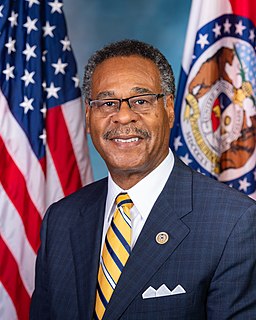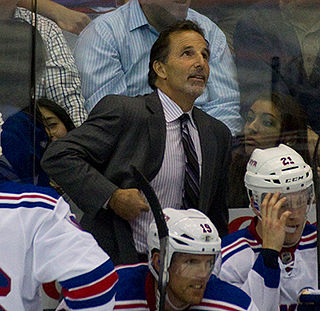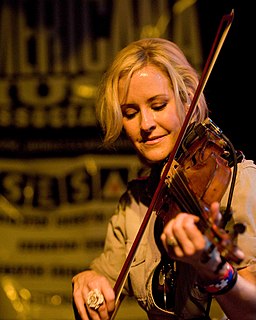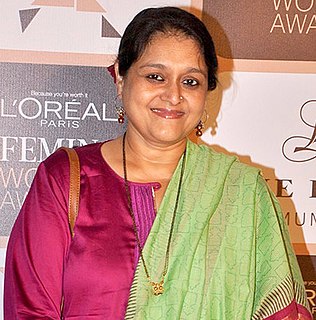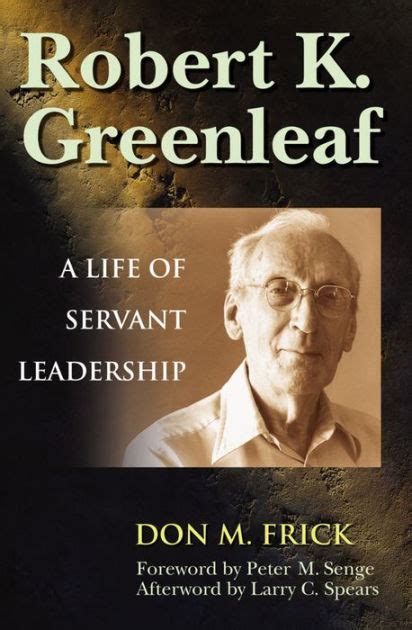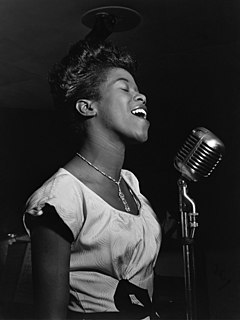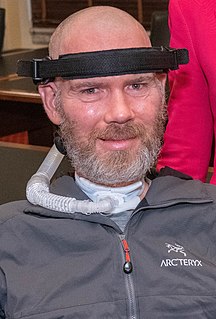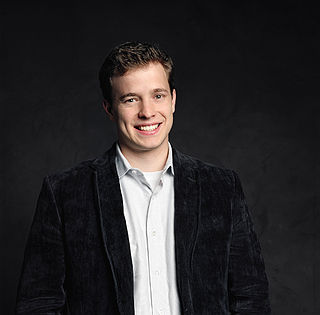A Quote by Emanuel Cleaver
I have, with great intentionality, a demeanor that I hope is welcoming for people to not be afraid to talk to me or, you know, ask me a question.
Related Quotes
Afraid? Batman's not afraid of anything. It's me. I'm afraid. I'm afraid that The Joker may be right about me. Sometimes…I question the rationality of my actions. And I’m afraid that when I walk through those asylum gates... when I walk into Arkham and the doors close behind me... it’ll be just like coming home.
When I get that question, about diversity, I don't go, "Yeah, well you know they don't pay me." That's not my story. I own six properties; Hollywood has been damn good to me. Now you can ask me, "Have they paid you what you deserve?" That's the question, but you'd have to go to the studios, I don't know. I do the work!
One must not be afraid of a little silence. Some find silence awkward or oppressive. But a relaxed approach to dialogue will include the welcoming of some silence. It is often a devastating question to ask oneself, but it is sometimes important to ask it - 'In saying what I have in mind will I really improve on the silence?
I'm afraid to walk in public, because people look at me. But I'm not going to stop. I'm afraid because if I want to commune with my friend Shad (Meier), I have to ask him to cut my chicken for me. But I did it. And I'm afraid to go back and see my teammates and coaches because I know that I'll feel envy. But I'm going to do it anyway. Because fear is just a feeling, and if you can acknowledge that fear, digest that fear and overcome it, the rewards are incredible.
